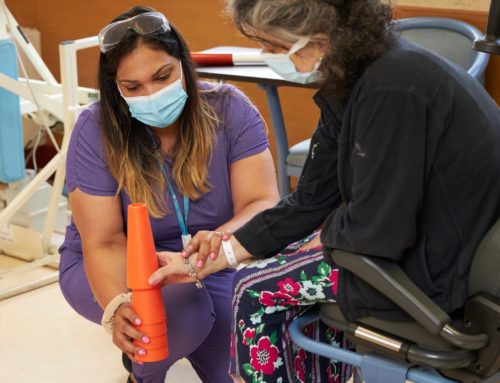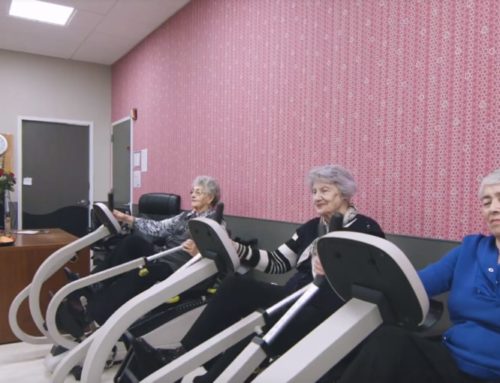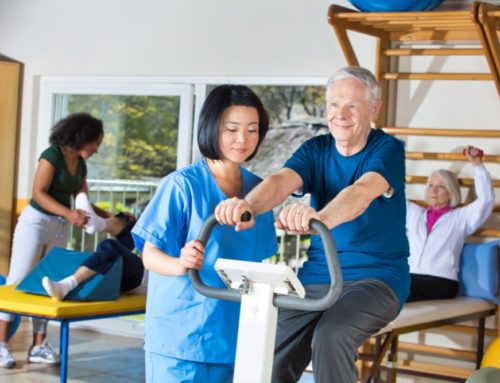Living with Multiple Sclerosis – Things to Do and Avoid
While it is possible to lead a normal and fulfilling life with MS, it is highly recommended to seek the right medical care, make lifestyle changes, and avoid things that could be detrimental. To manage symptoms while living with multiple sclerosis, you need to consider a few adaptations.
MS can cause complications and flare-ups, so regular check-ups are important. In addition, your doctor may also recommend rehab for MS symptoms, tailored for your own needs. The MS rehab may include physical, occupational therapy and other restorative therapies such as therapeutic recreation activities to slow disease progression and prevent complications.
Living with Multiple Sclerosis – Things to Avoid
This condition can bring challenges and there are things that trigger worsening of the symptoms, causing flare ups. It is important to know and understand the triggers in order stay away from them.
While it is important to quit smoking and avoid infection, there are 2 things that you should also avoid:

- Heat
Heat can temporarily worsen symptoms in many people living with multiple sclerosis. This can lead to signs like lightheadedness, increased fatigue, blurred vision, loss of strength, or a tingling sensation. The symptoms usually improve once the body cools down. To manage this, people with MS should avoid extreme heat and use cooling products. Also, cold water can help people with multiple sclerosis manage heat sensitivity.
- Stress
Stress can trigger flare-ups, so limiting it is very important while living with Multiple Sclerosis. Mindfulness techniques, fun and therapeutic recreation activities can help to focus the mind and relax the body. Consider meditation and professional help because these are important to manage stress.
Things to do
- Regular exercise and physical therapy
Regular exercise and physical therapy are important for people with multiple sclerosis (MS) for several reasons:
Exercise helps maintain or improve muscle strength, reducing the risk of muscle weakness, a common issue in MS. Regular physical activity can help combat the fatigue often associated with MS. Exercise is also beneficial for mental health, helping to reduce stress and improve mood, which are important for mental health.
Maintaining a good level of fitness is important for general health and can prevent secondary conditions. Physical therapy is particularly useful as it can be tailored to individual needs and abilities, addressing specific challenges faced by a person living with MS.
Physical exercise helps maintain or improve muscle strength, reducing the risk of muscle weakness, a common issue in MS. It can help to prevent balance and coordination problems – another common issue in MS.
- Diet
Although fun and diet cannot substitute for treatment with MS disease-modifying therapies, research indicates that consuming a balanced diet fulfilling all nutritional requirements might assist patients in more effectively managing and controlling MS.
No specific diet has been conclusively proven through science to alter the course of MS. However, most MS specialists concur that maintaining a healthy diet is vital for the long-term well-being of people living with multiple sclerosis. There is a consensus among experts on these health guidelines:
- Include meals cooked at home as often as possible.
- Incorporate a variety of fresh fruits and vegetables in your daily diet.
- Choose whole grains instead of refined grains.
- Minimize processed foods and added sugars as much as possible.
Resources:
Rehabilitation https://www.nationalmssociety.org/For-Professionals/Clinical-Care/Managing-MS/Rehabilitation#:~:text=Rehabilitation%20in%20MS%20comprehensive%20care&text=The%20MS%20rehabilitation%20team%20includes,vocational%20rehabilitation%20and%20vision%20rehabilitation.
Diet and Nutrition https://www.nationalmssociety.org/Living-Well-With-MS/Diet-Exercise-Healthy-Behaviors/Diet-Nutrition
Managing Stress in MS https://mstrust.org.uk/news/expert/managing-stress-multiple-sclerosis
Why MS Patients Should Stay Active https://www.pennmedicine.org/updates/blogs/neuroscience-blog/2017/may/multiple-sclerosis-and-exercise
Simple exercises for MS https://www.mssociety.org.uk/care-and-support/everyday-living/staying-active/simple-exercises-for-ms
This article contains informational and educational materials and does not replace health or medical advice. For questions or concerns regarding your medical condition or health objectives, speak to a qualified physician or healthcare provider.






My husband had MS-4 programme about 4 months ago. he sleeps soundly, works out frequently, and is now very active. It doesn’t make the MS go away but it did give him better quality of life.